UN experts call on Saudi Arabia to revoke death sentence against a juvenile 'offender'
A group of UN-appointed human rights experts has called on Saudi authorities to immediately release a young man, who is on death row for crimes he allegedly committed as a minor and whose conviction followed a grossly unfair trial.
“We are alarmed by the confirmation of the death sentence against [Abdullah] al-Huwaiti on March 2, 2022, without initiating any investigation into the allegations of torture or determining the veracity of the coerced confession of guilt,” the experts said in a statement on Tuesday.
“We would like to remind the Saudi authorities of their obligation to conduct a prompt and impartial investigation wherever there are reasonable grounds to believe that torture has been committed, and to exclude any evidence obtained through torture and coercion from judicial proceedings,” they said.
Huwaiti was arrested in May 2017, when he was only 14 years old, over accusations of robbery and murder. Despite having an alibi, he was convicted based on confessions extracted under torture and other ill-treatment.
The teenager was recently sentenced to death for a second time after his original conviction was overturned by the Saudi Supreme Court in November last year, which caused anger and outrage.
He was held incommunicado for four months after his arrest and denied access to a lawyer as well as the right to a free trial.
The UN experts underscored that the imposition of the death penalty on children is absolutely prohibited under international law.
“We urge the Saudi government to adopt without delay the necessary legislative measures to abolish the imposition of the death penalty for children for all crimes,” the experts said.
“Prolonged incommunicado detention can facilitate the perpetration of torture and other cruel, inhuman or degrading treatment or punishment, and can in itself constitute a form of such treatment," the statement added.
"The criminal court in Tabuk sentenced the minor Abdullah al-Huwaiti in retribution," his mother Um Abdullah posted on Twitter after Wednesday's ruling.
"After the Supreme Court overturned the first ruling because of false confessions, today it pronounces an unjust conviction just like last time."
According to the rights group Reprieve, Huwaiti was interrogated under torture, including being whipped with electrical wire and was beaten to the point that he could not walk for days.
"Abdullah al-Huwaiti has now been sentenced to death not once, but twice, by a court that knows he was 14 years old when he was arrested and tortured," Maya Foa, director of Reprieve, said in a statement.
"How can this be when Saudi Arabia has claimed, so often and so vociferously, to have eliminated the death penalty for children?"
The other defendants in the case reportedly received 15 years in prison and 1000 lashes each for the crime.
Back in 2020, Saudi Arabia’s state-backed Human Rights Commission (HRC), citing a royal decree by King Salman, said in a statement that the country will no longer impose the death sentence on individuals who committed crimes while they were still minors.
The so-called Saudi Human Rights Commission, however, later clarified that the decree to revoke death sentences for minors does not apply to all types of crimes, and the ban only applies to a lesser category of offense under a Sharia law known as “ta’zeer.”
This means Saudi judges can therefore still sentence child offenders to death under the other two major types of punishments: “hudud” or harsher punishment for serious crimes that carry a prescribed punishment like terrorism, and “qisas”, or retribution, usually for murder.
Last March, the European Saudi Organization for Human Rights (ESOHR) said Saudi officials had executed a dozen minors under the seven-year reign of King Salman.
The human rights organization stated that five people are currently at risk of execution in Saudi Arabia.
The Arab kingdom has come intense scrutiny from global human rights watchdogs over its horrendous human rights record, especially since the brutal killing of dissident Saudi journalist Jamal Khashoggi at a Saudi consulate in Turkey in October 2018.
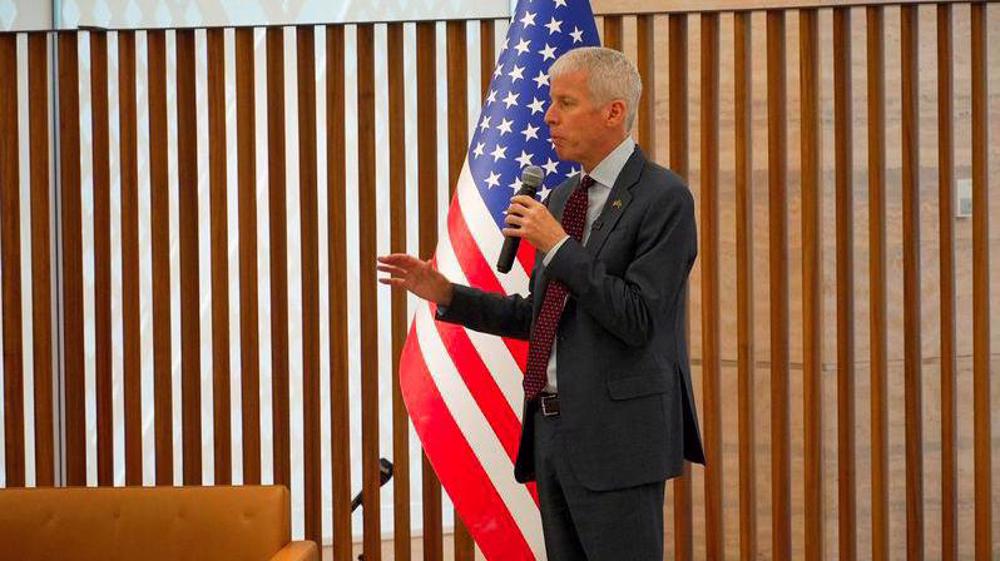
Saudi Arabia, US to sign agreement on civil nuclear program: Energy secretary
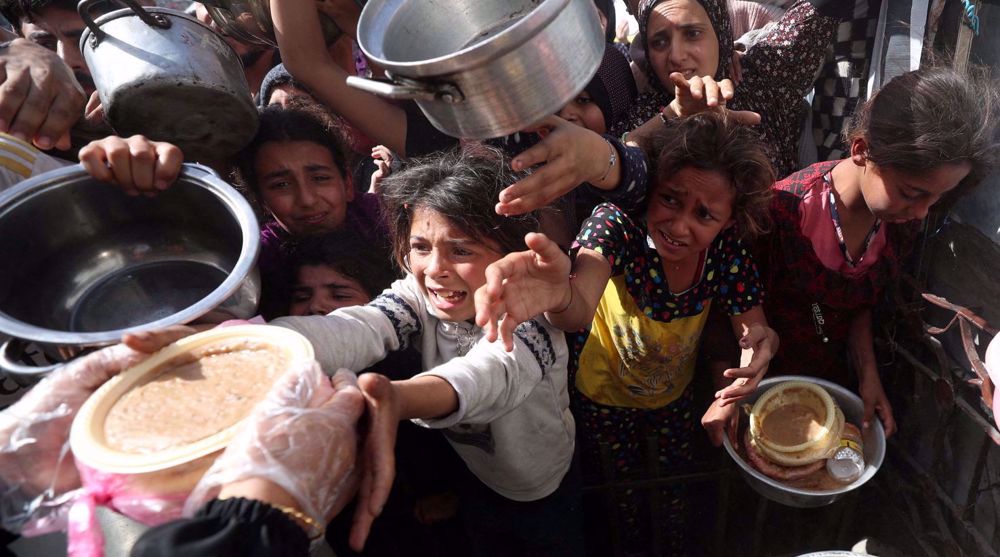
Saudi Arabia calls for 'maximum pressure' on Israel as UN warns of ‘longest Gaza blockade’
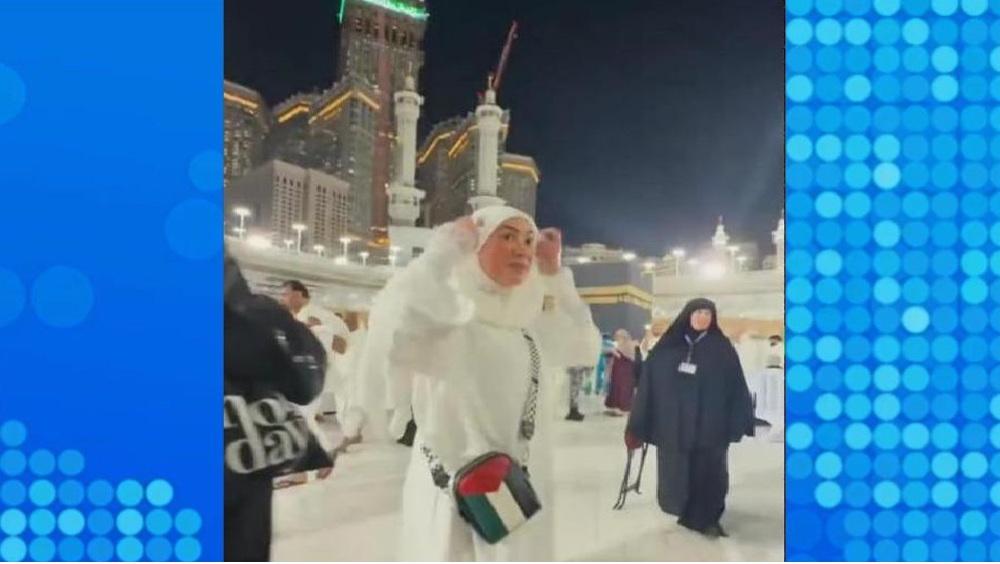
Saudi police ‘detain’ female pilgrim for displaying Palestinian flag in Mecca
VIDEO | Your children will return in coffins torn apart by Israeli missiles: Hamas to captives’ families
Hezbollah censures Israeli settlers’ storming of al-Aqsa Mosque
Harvard-Trump dispute deepens as US president threatens to remove tax exemption
Maldives bans entry of Israelis in ‘resolute solidarity’ with Palestinians
Iran’s thermal power output hit record in year to March
Hamas calls for global protests against Israel's 'barbarism' in Gaza
Hamas says lost contact with group holding Israeli-American captive in Gaza
Iran condemns Israeli war crimes in Gaza, West Bank


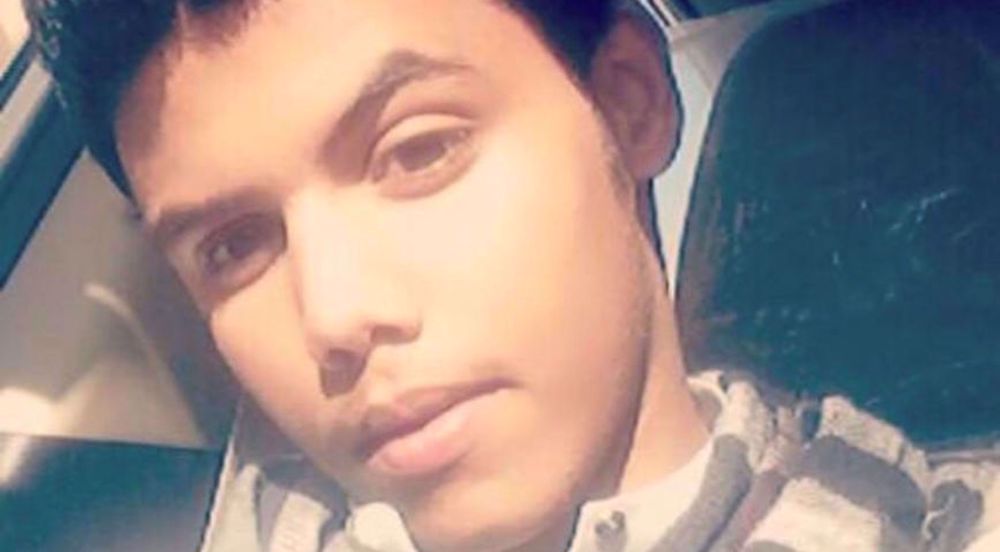
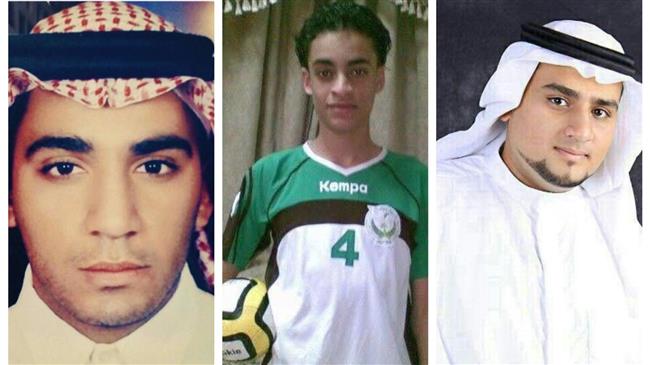
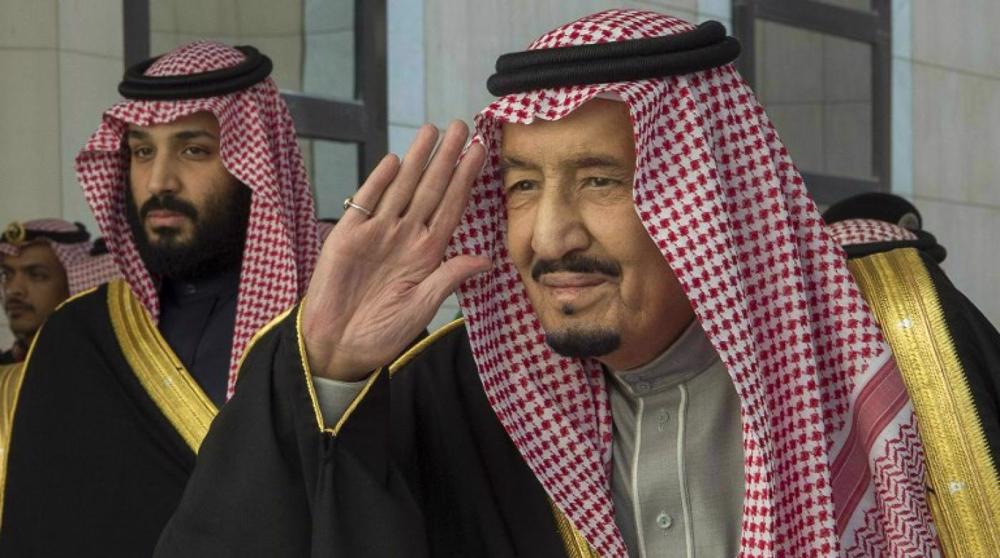
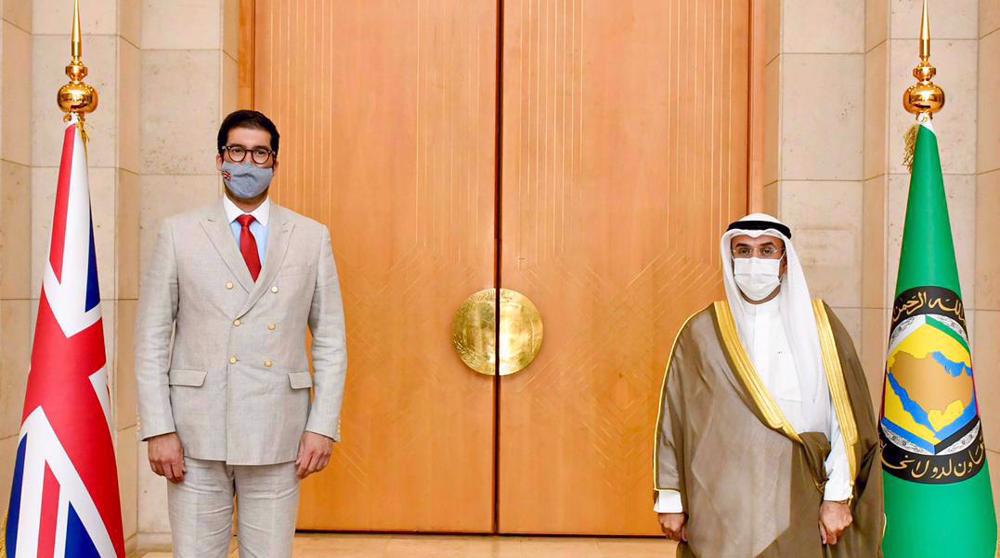



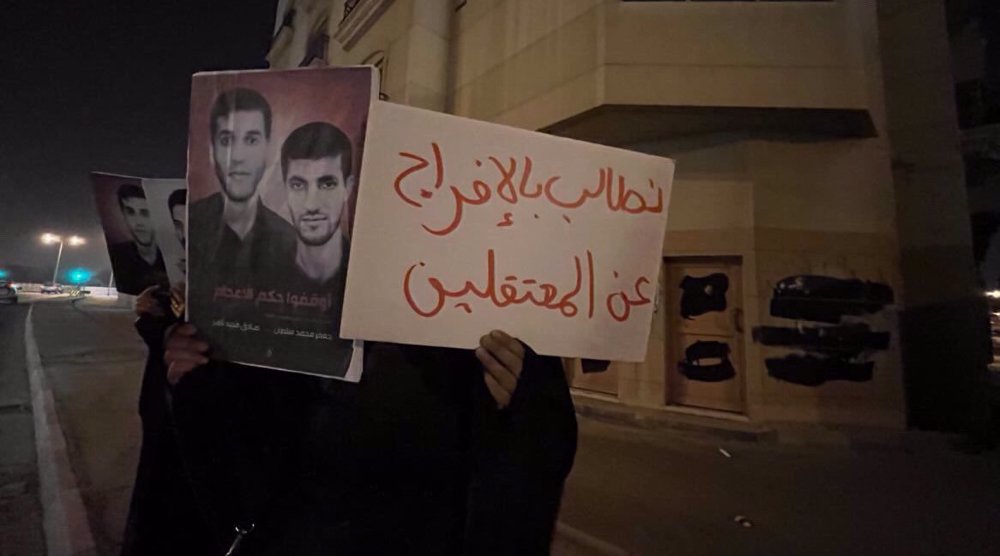

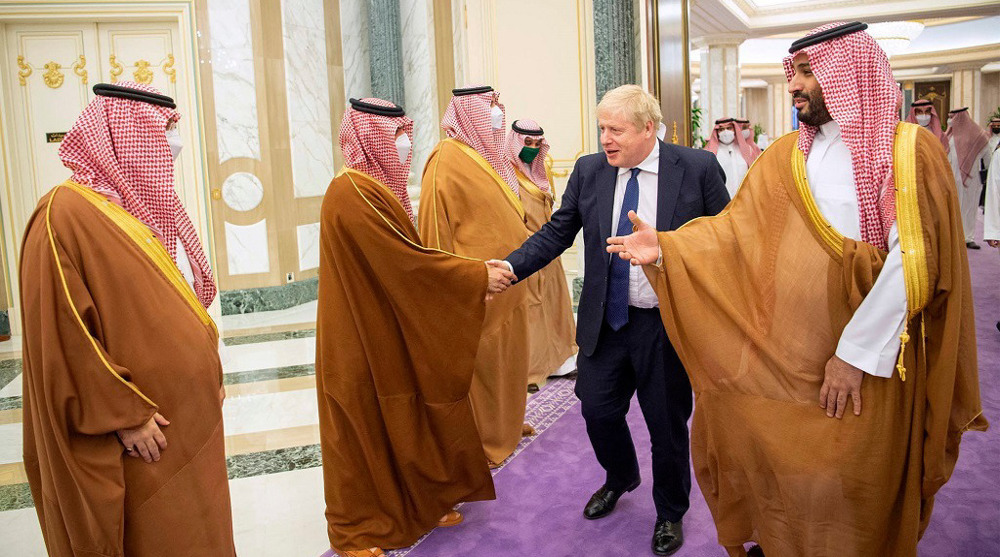

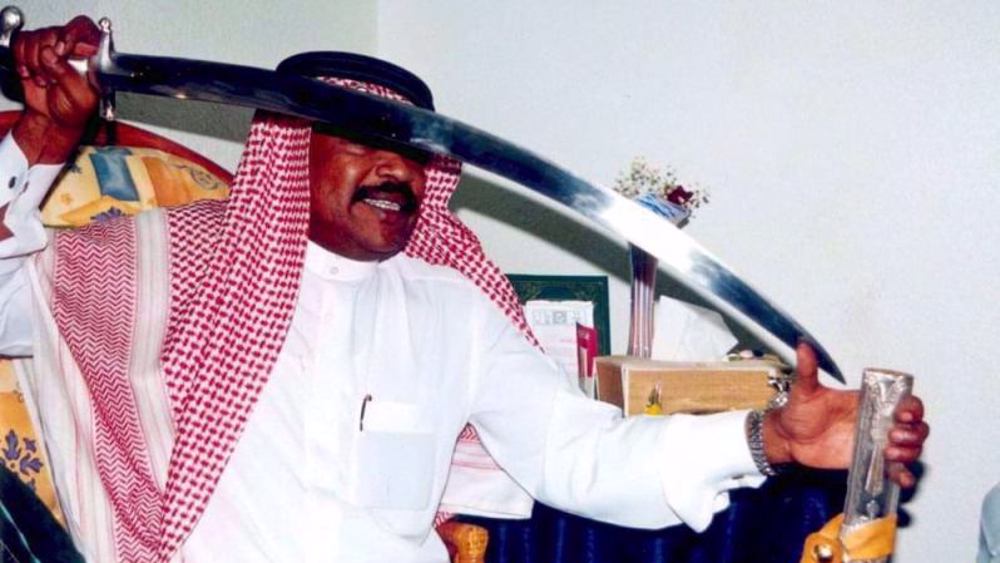
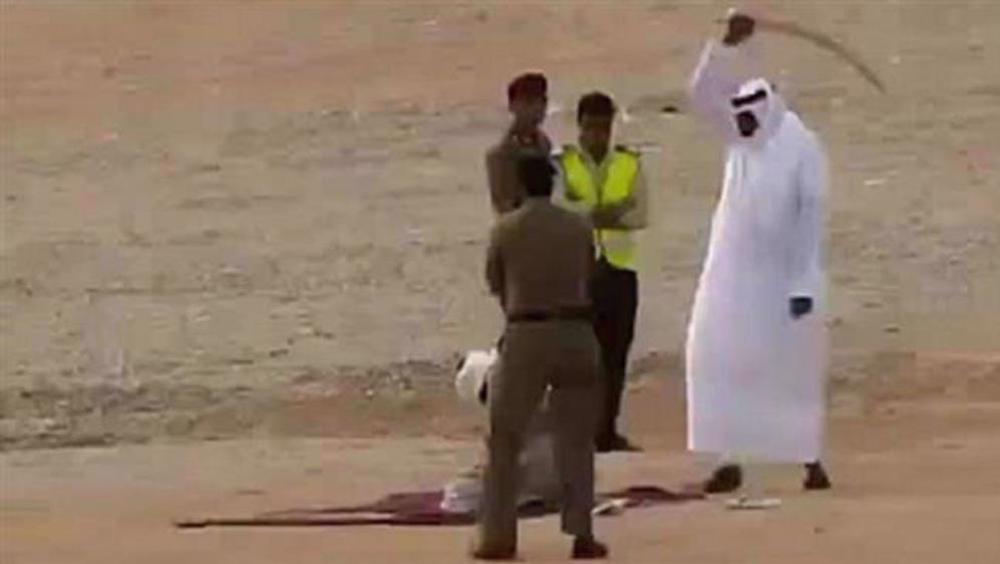
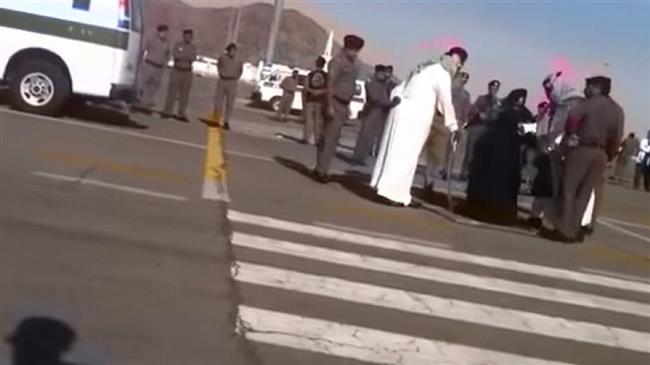

 This makes it easy to access the Press TV website
This makes it easy to access the Press TV website